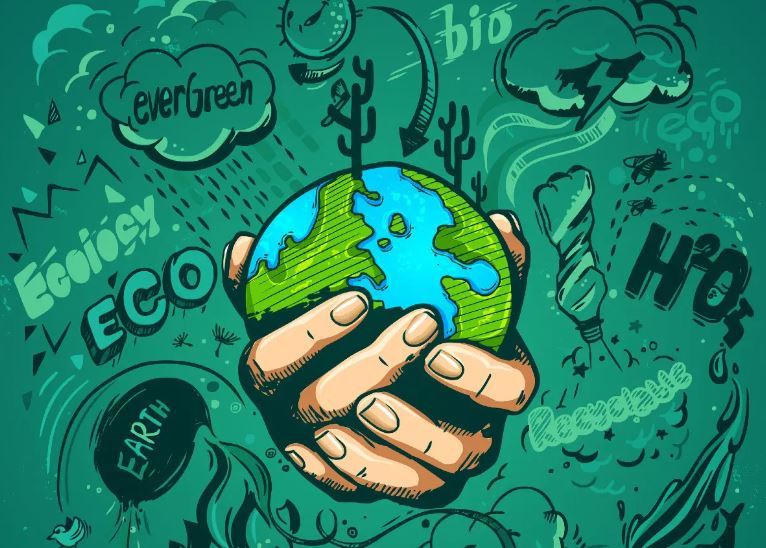We would need 1.7 Terre to meet current consumption levels
In just over 8 months, humanity has consumed all the resources that Earth can renew in 2023. We will live in debt for the next 120 days. Using the resources of 2024. What exactly does “living in debt” mean? It means maintaining our ecological deficit by bottling up stocks and storing CO2 in the air. It is this shift between human activities and the physical limits of the Earth that lights up the spotlight on Ecological Debt Day, also known as Overshoot Day 2023.
What is Overshoot Day 2023?
Literally, Overshoot Day means “day of overthrow“. What is overcome is the ability of the Planet, through ecosystems and the processes that sustain life on Earth, to renew the resources that are used in a year. The date of the Ecological Debt Day, therefore, shifts forward or backward depending on how much the ecological footprint of humanity weighs.
To calculate the ecological footprint and the day of occurrence is the Global Footprint Network. How? Through a series of indicators that are summarized in the biocapacity of the Earth. Biocapacity refers to all the resources and services that marine and terrestrial ecosystems can provide: from the absorption and sequestration of CO2 to the filling of groundwater, from the amount of nutrients present in the soil to pollination, climate control.
The biocapacity is put on one plate of the balance. On the other there is the consumption of natural resources of man-made origin. On the demand side, therefore, we find the human ecological footprint, which measures the demand for a population of food and vegetable fibers, livestock and fish products, timber and other forest products, space for urban infrastructure and forest to absorb carbon dioxide emissions from fossil fuels.
To make the weight expressed by biocapacity and ecological footprint comparable, the two measures are translated into “global hectares“, that is, an ideal and standardized hectare of land with a production capacity and renewal of natural resources equal to the world average.
Read also Our ecological debt anticipates, today is the Earth Overshoot Day 2022
Why is Overshoot Day 2023 on August 2nd?
From these calculations, the organization draws each year the date on which the Ecological Debt Day occurs. Overshoot Day 2023 falls on August 2, slightly better than 2022 when it was set for July 28. If you look at the trend of the dates, you can see that for about a decade the world seems on a plateau: the date always falls between late July and early August and the trend seems basically flat: we consume the resources of 1.7 Earths every year.
In 50 years, however, we “burned” 4 months. In 1970, Overshoot Day fell on December 28. The date has slipped to November already in the middle of that decade, in the mid-1980s it arrived in October, while 1999 was the first year in which Ecological Debt Day was set in September. Since 2005 it has come to August.
However, it is a global average that hides huge differences from country to country. There are dozens of states that are on credit, that is, they consume fewer resources than are theoretically available according to their territory.

